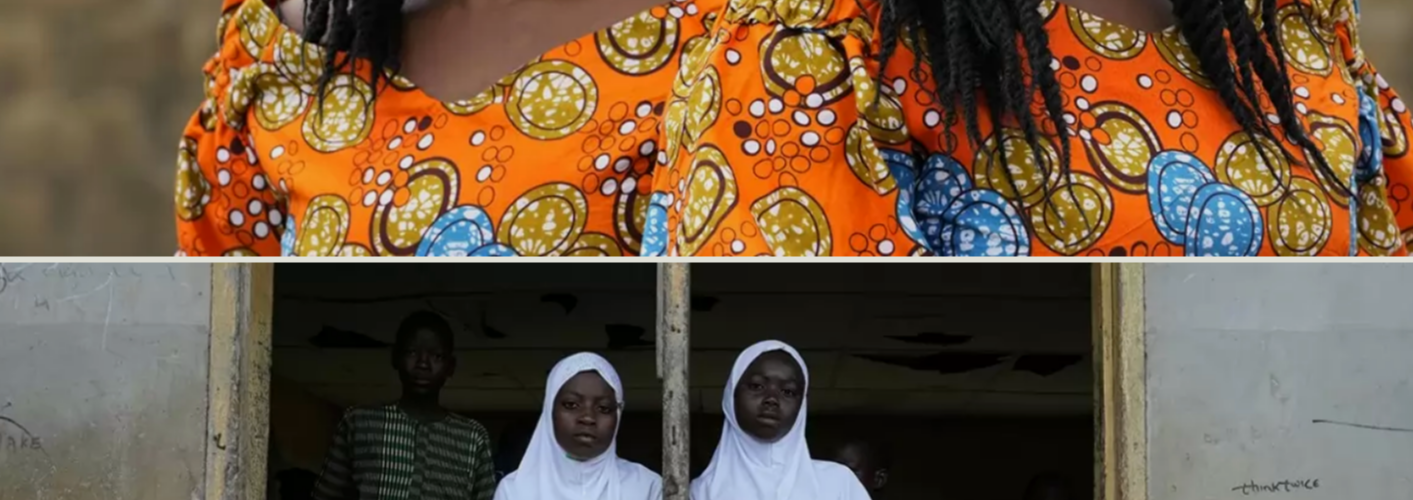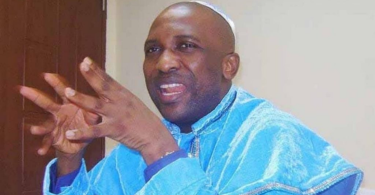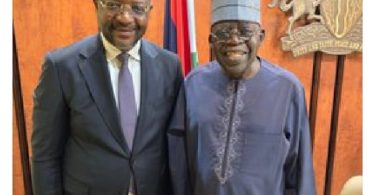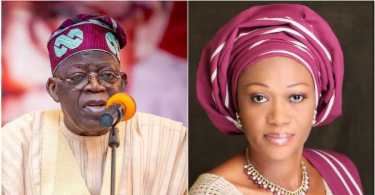Oyo: Igbo-Ora Twins Festival In Pictures
Igbo-Ora is peopled by members of the Yoruba tribe, which makes up around 21% of Nigeria’s population.
While the exact statistics are debated, anthropologists are united: Igbo-Ora has a singularly high number of twins. Last year, when the government sponsored a festival celebrating them, more than 2,000 twins attended. The town has, therefore, been dubbed ‘The World Capital of Twins.’
But the sheer number of twins corresponds to another cultural phenomenon: twins are revered in Yoruba culture as gifts from God, dual entities protected by spirits and possessed of magical powers.
This unique cultural perspective inspired the most recent series by 24-year-old Yoruba photographer, Stephen Tayo, whose ancestors were from Igbo-Ora. The series is titled ‘Ibeji’ after the term used to refer to twins in Yoruba culture…………………………..CONTINUE READING
Blessing
Tayo, who grew up in Ikere-Ekiti, Nigeria, and now lives in Lagos, is not a twin himself, but he wanted to tell “a story that identifies my tribe.”
“It was really important for me to establish how twins are seen in our culture,” Tayo said in a phone interview. “Other tribes see twins as an abomination from the precolonial era onwards, but the Yoruba see them as a blessing.”
For Tayo, ‘Ibeji’ signifies a more conceptual and multivalent approach to portraiture in comparison to the street style photography that has landed him on Vogue.com, Dazed Digital and Nataal. His subjects, friends or members of his wider community were photographed at their homes or out on the streets of Lagos over a six-month period.
Tayo allowed his subjects to style themselves as they wished, but, revealingly, most of the siblings chose to be photographed wearing similar outfits. While some of the twins posed for Tayo with clearly differing aesthetics — longer or shorter hair, for example — others presented themselves as if they were the same person inhabiting two bodies, striking mirror-like poses.
“The twins I photographed all have different ways of expressing themselves, but some of them are hard to tell apart,” Tayo said. “I wanted to understand how it is possible for (two people) to look alike and dress alike, but have a different ideology, a different personality.”
For while twins are worshipped by the Yoruba, they are only worshipped when seen as a unit. The traditional belief is that twins are granted supernatural protection that extends to their family and tribe. But if one twin should die, this protection evaporates. The parents of a deceased twin often commission a Babalawo — comparable to a priest — to carve a wooden figure to represent the deceased twin, which they then care for as if it were a real person……CONTINUE READING
Life and death
The scene is complicated further when one looks at Nigeria as a whole, as the Yoruba’s celebration of twins is not shared by other tribes across the region.
“Other Nigerian precolonial cultures saw multiple births as a biological omen and a portent of bad will,” Tayo wrote in an artist’s statement.
This can be an issue of life and death. Speaking to Reuters last year, Stevens Olusola Ajayi, who runs the Vine Heritage Home Foundation shelter for children at risk of infanticide in the Nigerian capital of Abuja, said twin babies in certain cultures are killed with poisonous plants or abandoned in a room until they starve to death. When mothers die in childbirth, twins have been strapped to her body and buried.
Having a twin, then, means you are often defined by just that. In his artistic statement, Tayo writes: “Because of the myths surrounding twins, many people address twins as a single unit, defining their value to the tribe by their proximity and emotional intimacy between the pair. Individuality is frowned upon, and fraternal twins are considered less ‘authentic’ than identical twins.”
“I was trying to weigh the psychological balance between the pressure of having to be identical and the natural want to have a different and distinct mindset… Because being a Yoruba twin has a massive impact on how twins form and consider their own sense of identity,” Tayo said.
“I was interested in that question: What is it like to have one’s identity always defined by the presence of another?”











